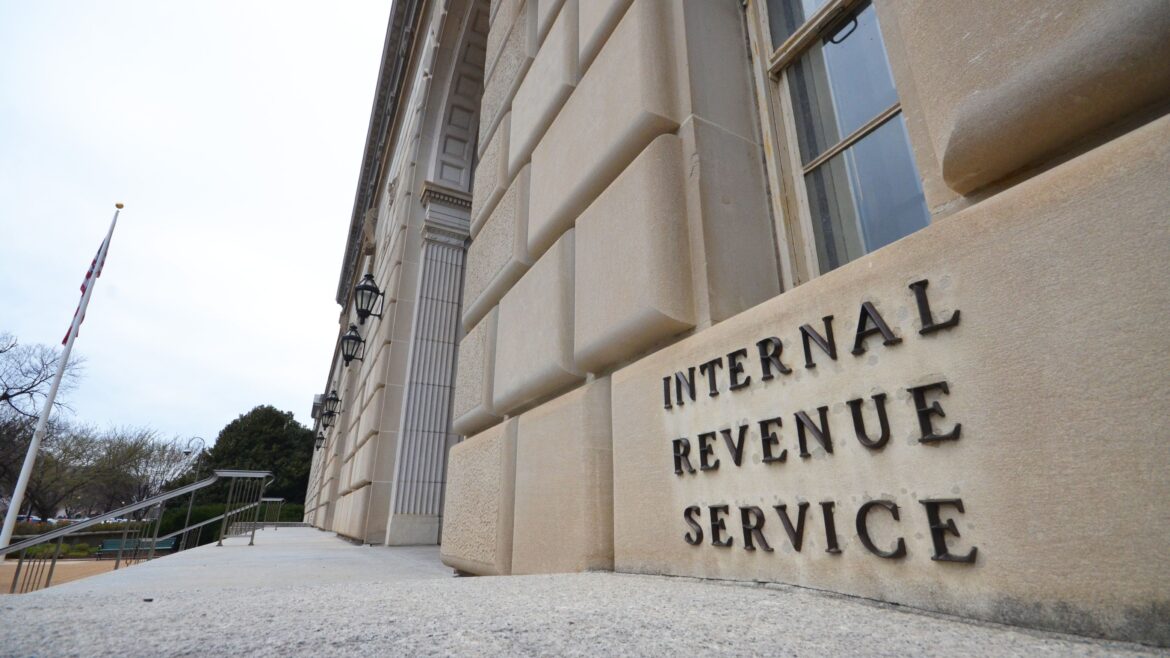Japan is moving closer to a major overhaul of how it treats cryptocurrencies. Regulators want to make digital assets easier to own, trade, and invest in as part of a broader plan to turn the country into an “asset management nation.”
Tax Relief for Crypto Investors
Right now, crypto profits in Japan can be taxed at rates as high as 55%. That is far tougher than the 20% flat tax applied to stock and bond gains. The Financial Services Agency (FSA) is proposing a change that would bring crypto into the same 20% bracket.
It also wants investors to be able to carry forward losses for three years, something already common in traditional markets. The idea is simple: reduce the burden on traders, encourage activity, and rebuild trust in the market.
The reform does not stop at taxation. The FSA is preparing to classify cryptocurrencies as financial products under the Financial Instruments and Exchange Act. That would put them in the same category as stocks and bonds, requiring stricter disclosure and insider trading rules. The shift would also clear the way for Japan’s first spot Bitcoin ETF, a product local industry groups have been lobbying for.
Stablecoins and Market Growth
The FSA is also planning to approve the country’s first regulated yen-based stablecoin. JPYC, issued by a Tokyo fintech firm, has set a target of 1 trillion yen, about $6.8 billion in circulation over three years. A stablecoin backed by clear regulation could make it easier for companies and investors to handle digital payments with less risk.
Japan’s crypto market is growing, with domestic trading volumes expected to double from $66.6 billion in 2022. Yet retail adoption lags badly. Surveys show 88% of Japanese residents have never owned Bitcoin. Regulators believe the 2026 reforms can change that by cutting barriers and bringing crypto closer to mainstream finance.
Also Read: SBI Holdings Forms Joint Venture With Circle to Advance USDC in Japan




